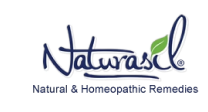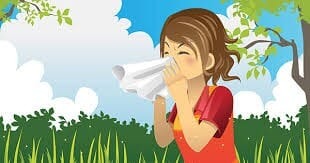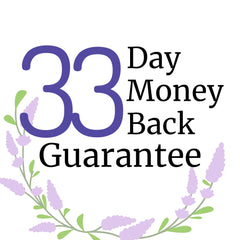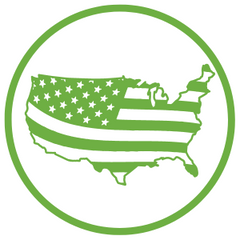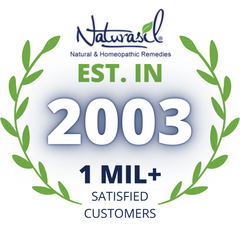It’s getting to be that dreaded time of year: Spring Allergy Season. Despite the recent cold fronts, the impending spring weather will bring many beautiful blooms. However, pollen and other allergens come with spring flowers and blossoming trees, rendering anyone a weeping mess.
Surviving allergy season can include a significant dependency on medications to ease allergy symptoms like itchy and irritated eyes, an itchy or runny nose, coughing, wheezing, and sinus pressure/congestion. Knowing what allergies are and what causes them can help with better management and an easier time getting through the season without relying entirely on medications.
What Causes Allergies?
Allergies are caused by an overreaction by the body’s immune system when it comes into contact with an allergen such as dust, pollen, or pet dander. Repeated exposure to allergens slowly builds the sensitivity to them until it inevitably creates unwanted and, most often, unpleasant symptoms.
How Can Allergies Be Treated?
Allergies are typically treated with antihistamines, such as Benadryl or Claritin. Though these medications help to soothe these symptoms, some can cause unwanted side effects, specifically drowsiness/sleepiness. A doctor can also recommend and administer allergy shots, which can help lessen the reaction to allergens. They can be effective, but it’s not known how long they truly last.
Use a HEPA Clean Air Filter in your home to reduce allergens in the air: Studies have shown that these filters will help clean the air in your home environment of pollen and other allergens much more effectively than ionic filters.
Take a shower and change your clothes after being outside: Pollen can stick to you and your clothes, so once you come in from being outside, be sure to change your clothes and shower to limit further exposure to allergens.
Use a Neti-pot for sinus relief: Flushing your sinuses with a saline solution helps you avoid overexposure to medicated sinus and nasal sprays that can cause more congestion and sinus pressure if overused. (A tip I learned the hard way: do not use this if your nose is clogged completely. I almost drowned when I tried. LOL.)
Consume local honey or bee pollen: Many folks recommend consuming local honey or bee pollen. It can help ease allergy symptoms because it is theorized that it works much like an allergy shot, with the individual gradually building a tolerance to local pollen.
Stay hydrated and drink more fluids: Staying hydrated is essential to your immune health when dealing with cold or allergy symptoms. It helps flush toxins out of your body and keeps your vital organ systems in tip-top shape.
Eat a healthier diet: Eating a healthy diet can help keep your body fueled with the proper nutrients to help keep your body’s system running great and lessen your reaction to invading germs and allergens.
Take an immune-boosting supplement: An immune-boosting supplement can help support and promote a more efficient immune system that can make allergy and cold symptoms more manageable to handle.
Use apple cider vinegar: Add some apple cider vinegar (ACV) to your daily routine by mixing a tablespoon of honey into a glass of water and sipping it, or simply down the tablespoon straight. ACV is incredibly beneficial to immune health. Try some and see!
